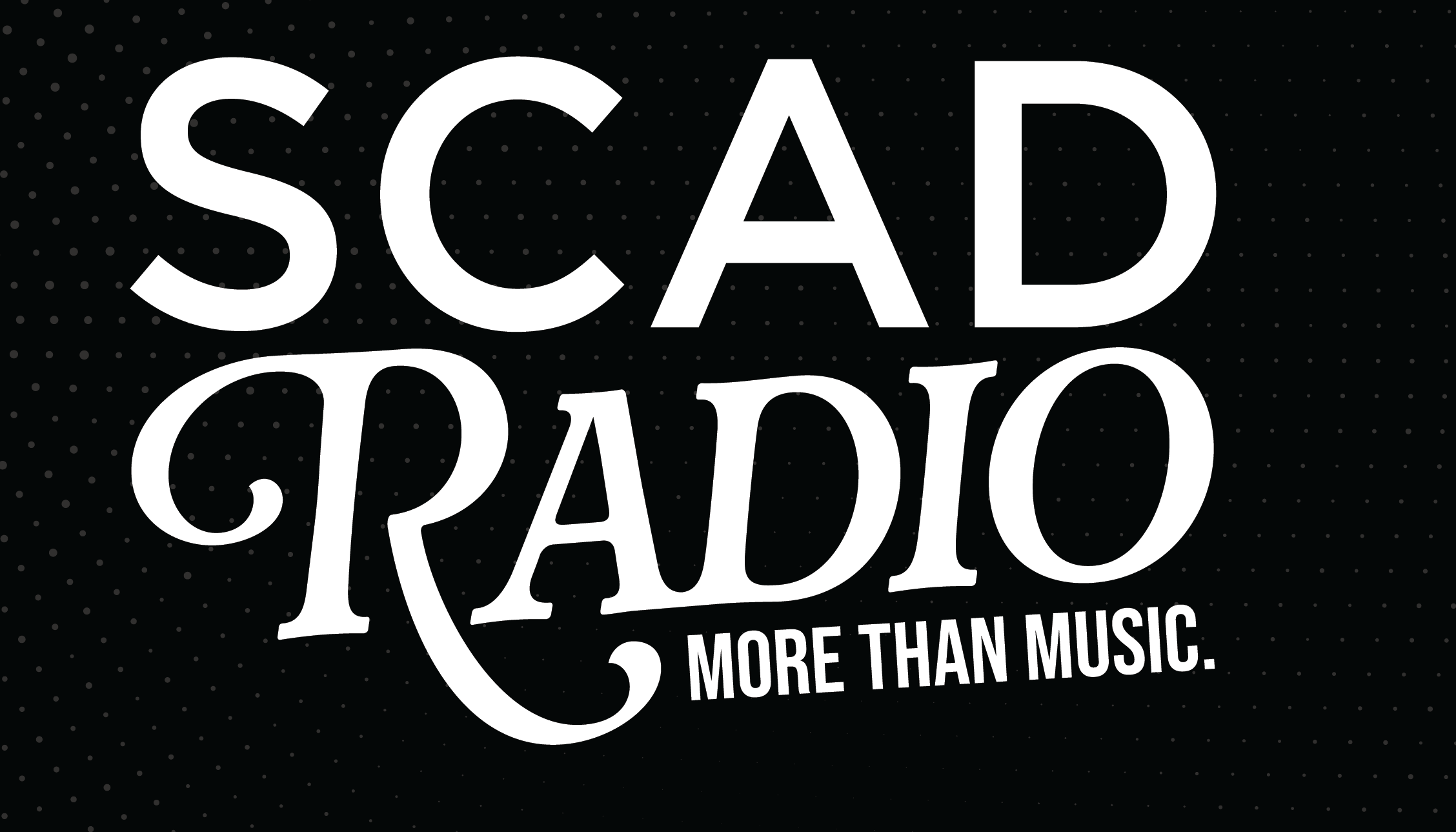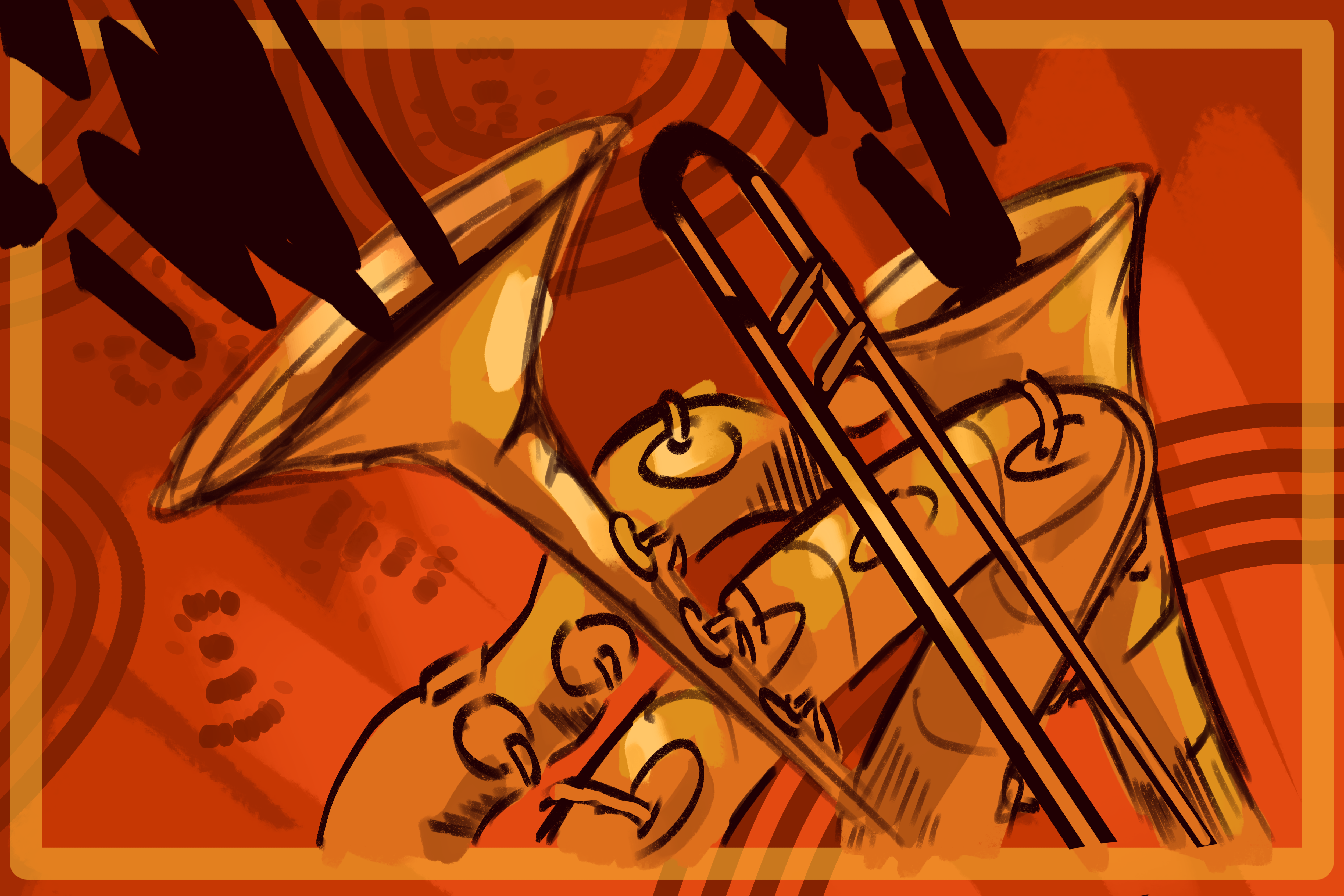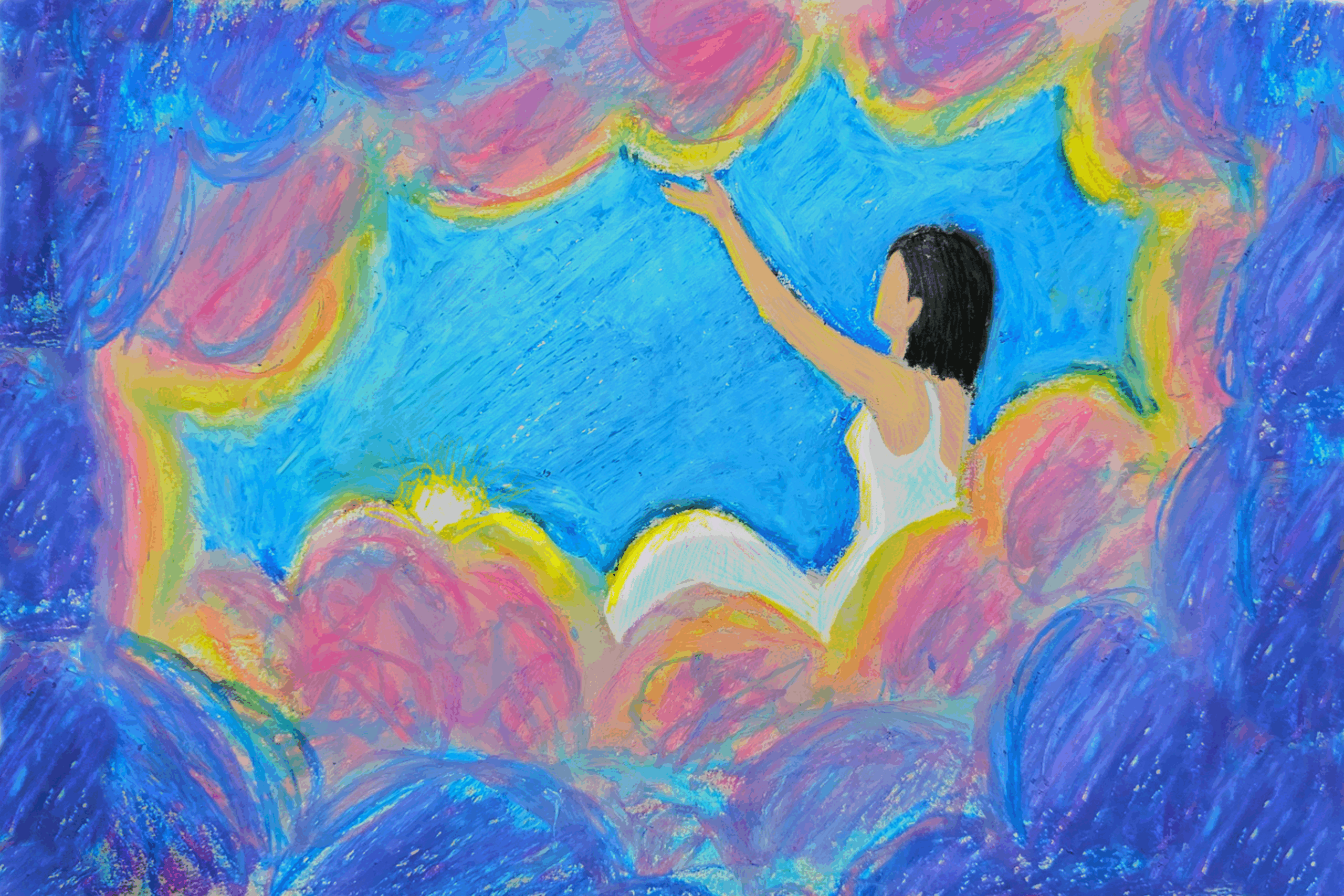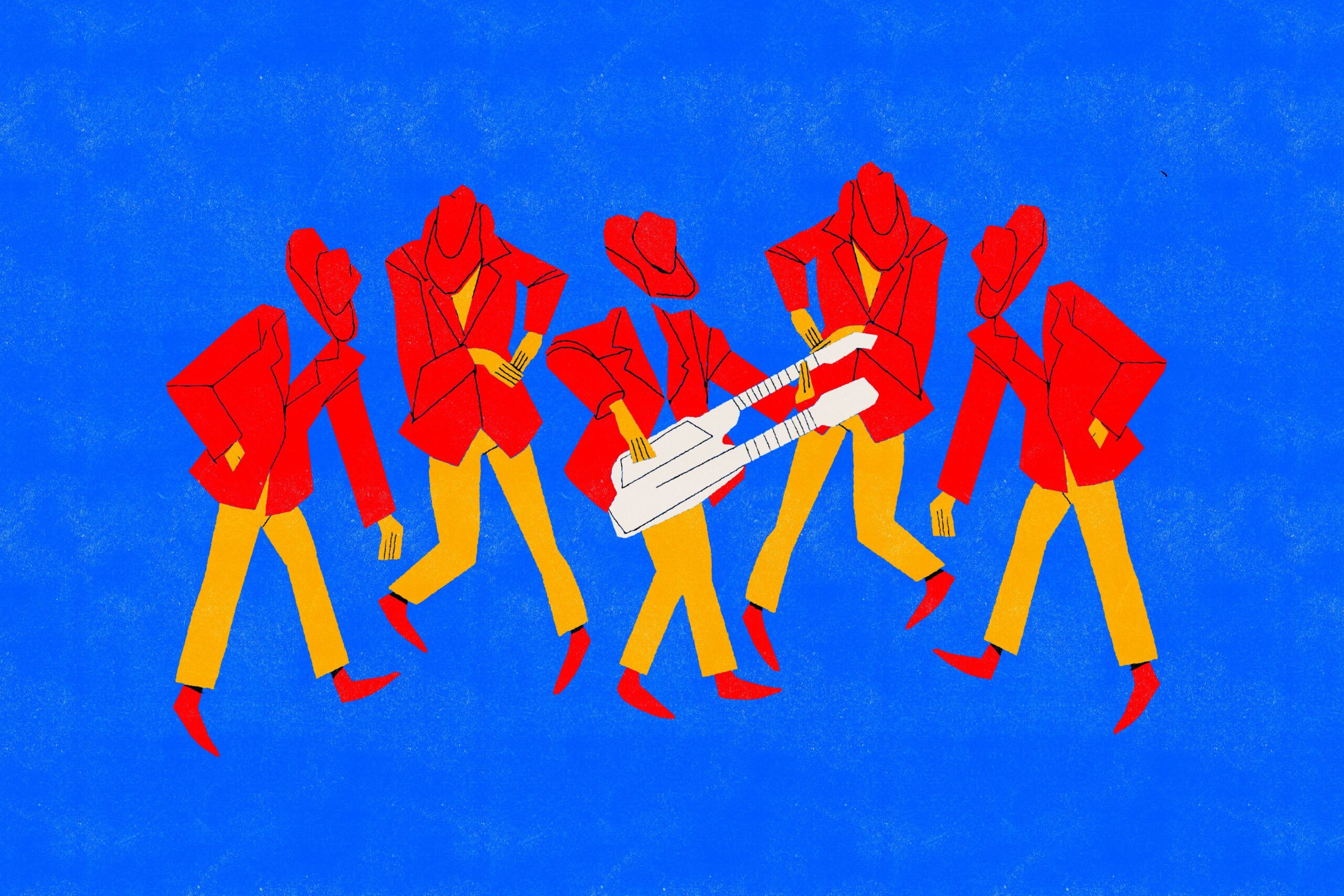SCAD Radio got the chance to talk with siblings Clyde and Gracie Lawrence from the band Lawrence after their performance at 2017 Savannah Stopover in Savannah, Georgia.
Lawrence performed songs from their debut LP Breakfast, released in 2016, and their first EP, Homesick, from 2013.
Here’s a look at SCAD Radio’s interview with Clyde and Gracie Lawrence from Lawrence.
Katerina at SCAD Radio: How did you guys get started making music?
Gracie Lawrence: Well, we’re siblings, so we started in our living room when we were super little. We just always played music together. Actually, we started when Clyde was in high school and I was in middle school, and we played in clubs around the city- just the two of us. And then, when Clyde went to college, he met the guys in our band now, and I started traveling up from high school to visit him at college and we just played all these gigs. Then he graduated and everyone graduated except for me, and we just took it on the road and made an album.
Clyde Lawrence: It’s basically just a band of family and friends, like none of these people are “higher gun” so to speak. Like we grew up together, a couple of the guys in the band are our close friends, and the rest of them are friends of mine from college, or friends of ours from my college experience.
Katerina: You grew up in New York, so do you think that helped as a setting for your growing band?
Clyde: Yeah, I think so. New York is a tough nut to crack if you don’t have a network there. A lot of bands from other places build it up and become a big fish in a small pond, and then they come to New York and there’s just so much going on that it’s hard to make noise. We luckily started with New York, the place where we had the most fans, and we’ve managed to build out from there. We’re now trying to kind of fill in the gaps in between. I think both versions of that are difficult, but I think we feel really lucky to have such a firm base in New York. It’s where so much art and music and industry exists.
Gracie: Right, it’s also that we had such amazing exposure to seeing shows. Whether it was in music or other art- just growing up in New York, you’re exposed to so much.
K: What can we expect from you in the future?
C: We’re currently deep in the process of writing a whole new batch of songs for the next album. A lot of them are done already, a lot of them are in the process, and I think what we’re trying to find is a delicate balance between trying to not change what’s cool about you too much, but also trying to develop and grow from what you have already done. So I think that our future music will be all the things that people hopefully like about our first album, they’ll still be present and rooted in songwriting and they’ll be happy, fun songs, but we’re also trying to push the envelope of our sound a little bit. I think that’s basically what’s to come.
G: Yeah, we’re gonna keep touring and putting out a lot of video content. Video content is pretty maj for the upcoming weeks.
C: I mean people often ask us like “what are your goals”, “where do you wanna be”, and I think that that’s a cool question but that’s also a silly question, like our goal is to just keep doing exactly- to keep making music, keep playing shows- what we don’t wanna do is plateau. We want every time we go out, more people to be at the shows, more people to be listening to the music, and just keep the thing growing. But at what rate- it would be foolish of us to prescribe a specific rate at which we want to grow or a specific place we want to be.
K: What are some of the biggest challenges you face?
G: Finding places to sleep, probably. [laughs]
C: [laughs] Probably getting decent food to eat- options other than Subway.
G: I don’t know, I mean I just think we’re really busy, and that- people are always really surprised to hear that because- I mean not from me, because I’m doing a lot of things for school and trying to do 10 different things, so people realize that I’m busy, but I think- I took a gap year- but, really, people are always confused as to how, as a musician, you could be busy, like what do you do all day, but it’s like running a business and accounting for all these various things and there’s so much going on- like after the show we run right out to the merch table. I think the challenging thing is just staying super on top of everything.
C: Yeah, ultimately, playing, writing, and performing music is this tiniest little percentage of my actual job. And that’s what I knew I was good at and that’s what I knew I wanted to do, and only recently did I realize that, no, I’m actually a professional t-shirt salesman, small business owner, e-mail-sender, accountant, everything else- and that slowly starts to change as now we’ve signed with a record label, we have some great managers, an agent, and lawyers, and we have a whole great team around us-
G: Social media experts-
C: Yeah, social media experts, and at a certain point, if you want to be on top of your situation, you’re still gonna have your foot dipped in all those different pools. And I think another challenge is figuring out how to exist as an 8-piece band. That’s very difficult. Logistically and financially. It’s very difficult to figure out a way when artists already have trouble living their lives and making money and music and figuring out how we’re going to make that work for not only us, but the other 6 guys in the band. But I think that the way we go about doing that is trying to turn the fact that we’re an 8-piece band from a weakness into a strength. We have 8 times as many friends that we can be constantly promoting ourselves to, 8 times as many people that we can ask if we can come crash at their place, 8 times as many people in the band who are smart, qualified people who can help take over for roles that maybe we’d usually have to hire an outside person for, we try to do as much in the house as we can.
K: What is your songwriting process or some of your inspirations?
G: For the last album it was a little more like, because we were living in different places, we would individually write songs or pieces of songs and bring them to each other. Clyde wrote most of the songs on the last album, and I kind of just started to put myself out there more as a songwriter. So there’s a few things of mine on the last album. But for the upcoming album, it’s been really nice since we’ve lived together, or kind of, that we were able to write so much in a much more collaborative way.
C: I think our process, overall, compared to other bands, is very very old-school. More and more these days, bands are writing- “writing”- music in the studio, on their laptops. The process of creating a song is like finding sounds, creating loops- “building” a song. And as cool as that is, that’s just not really what we’re about. Ultimately, I think that that leads to less dynamic songwriting. We write songs the old-fashioned way. We sit down at the piano and write a song. Our favorite songwriters are all people from another era- Randy Newman, Carole King, Brian Wilson, Paul McCartney, Stevie Wonder- all people that sat down and wrote songs by thinking about how to tell a story through chords and melody. Not to throw a shot at modern songwriting, but rather than sitting in a room, in the studio, and just trying to build things based on loops, which is what so much of songwriting is these days- but that being said, we try to borrow from a lot of really cool things about modern production, but I just think that when songwriting leans on production too much, it takes away from the songwriting.
Silvia at SCAD Radio: You can really feel the feeling in your songs. I sing and she (Katerina) is also a musician-
K: Yeah, I play the sax.
S: I know how hard it is to make people feel what you’re feeling, and you guys just do that so well.
C: Well, she (Gracie) just said it before in the last interview we just did, which is that music is just a basic form of emotional manipulation. Like when you’re playing a show- when I’m playing piano or singing or writing a song- I’m just manipulating you how to feel how I want. I can choose- and that sounds really f***ed up, but it’s the truth of the matter. Like the better you are at it, like the more you speak the language, you can use the tools at your disposal to be like “I’m gonna bring them here and then I’m gonna bring them there” and that’s totally what it’s all about- just getting proficient enough at that language to be able to accurately convey the feelings that you want to convey.
S: Which you do so well!
C: Aw, thank you.
K: I mean we’re both studying film and it’s the exact same thing. You just have to be able to make people feel what you want them to feel.
C: Totally. We grew up in a family of people that do things in the arts, and I think that all forms of art are really storytelling. Like, I can’t speak to visual art as much, but I would assume that visual artists would say the same. But in the world that we grew up in, of writing and directing and film and television, which is what our father does, and through us being songwriters-
G: And our mom’s a dancer.
C: And our mom’s a dancer.
K: So did that help you, being artists yourselves?
G: Definitely, I mean it’s just a huge part of living in our house. Just constantly talking about art, but not in a way that we were conscious of. Like I don’t think I ever was like “we’re having a conversation about art now”, it was just like, we were always just very vocal about our opinions on things and that was just always a topic in the house of like movies and stuff- it wasn’t just like “this movie was good” or “this movie was bad”, it was like “what did you think about it and why”.
C: Yeah it was never trying to be pretentious, but just everything is about storytelling. Everything is about character, even. Even a song, when you’re writing a song, most songs are from your own perspective, so you are the character. But, even still, you have to be clear about who that character is or what they’re feeling in that moment. And I think that our family always conveyed that to us and made us think about it in a way that everyone could relate.
S: It’s good that they support you, because you guys are so young. Like if I told my mom “Mom, I’m starting a band now and I’m leaving college”, she’d be like “What?”, so that’s really good that you have that support. Do you think that makes things easier for you guys in the music industry?
G: To have our family support? Yes, absolutely. I mean, I live at home for one- that’s a huge thing- when we’re not touring. But yeah, completely, like having your family support is huge. They come to all of our shows that are in New York. Our grandparents would come to all of our shows in New York. It’s just part of- it’s not just a business thing- it’s personal.
C: On every level. I mean they support us in terms of when we’re on the road or if we live there, like that’s huge financial support. Really, it’s just the faith that they have in us and the fact that they’re constantly trying to give us whatever support we need in terms of ideas or advice. Like, it would be neglectful not to acknowledge how important that is to us- to devote all of our attention and resources towards trying to do this.
K: I really admire you guys for doing everything that you’re doing and I actually played you guys on my radio show the other day!
G: Thank you so much!
C: What song did you play?
K: Do You Wanna Do Nothing with Me!
C: Nice, nice.
S: Yeah I played Me & You on my radio show!
G: Wow, thank you guys!
C: Thank you so much! Well, I wanna give a shout-out to one of my favorite people, well me and Gracie, one of our favorite people, very important part of our family life, a guy named Kyle Jones SCAD Class of 2003, we love you Kyle.
K: Aw, that’s sweet. Well, thank you so much for giving us your time for this interview!
C: Of course!
G: Thank you!
Stay tuned to scadradio.org for more interviews and music news.






Leave a Reply